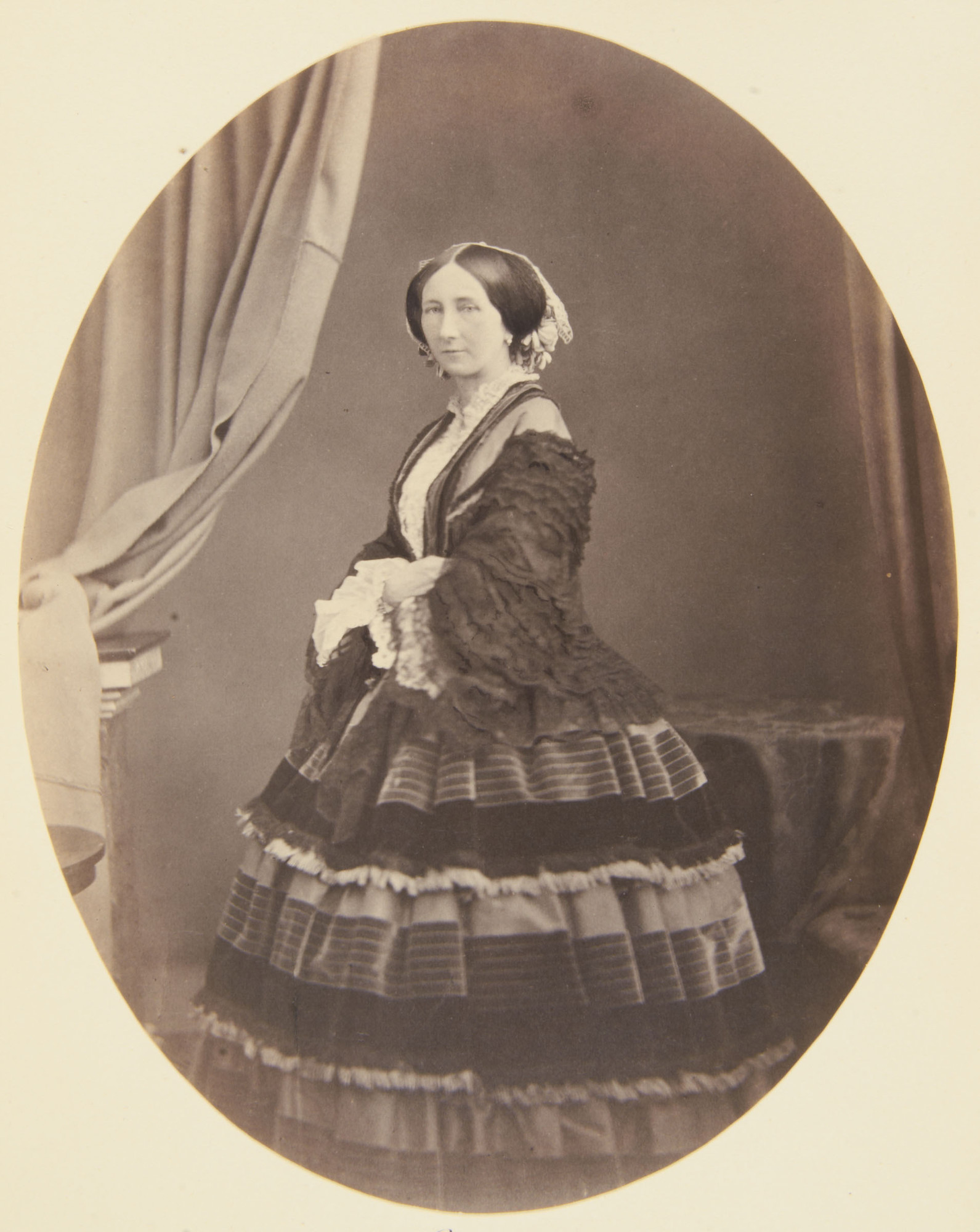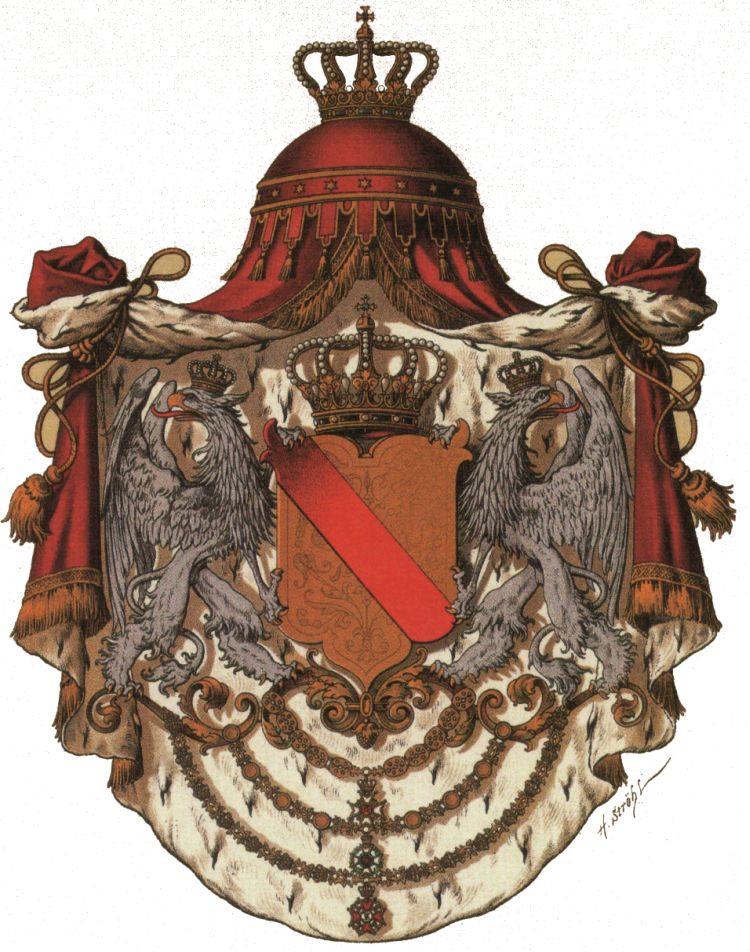The royal family of Baden has a rich history, and one of its most fascinating members is Princess Marie of Baden, the great niece of Duke Frederick I of Baden. Born in 1782, Princess Marie was a member of the House of Zähringen, which ruled the Grand Duchy of Baden from 1803 to 1918. Her life was marked by both personal and public struggles, as she navigated the complexities of royal life during a time of significant change in Europe.
Princess Marie's story is a testament to the resilience and adaptability of the royal family during this period. Despite facing numerous challenges, she remained committed to her duties and her family, leaving behind a lasting legacy. This article will explore the life and times of Princess Marie of Baden, delving into her personal struggles and public achievements, and shedding light on the fascinating history of the House of Zähringen.
what makes the Princess of Baden's story unique

what were Princess Josephine's most notable achievements

- Marriage and Family: She married Karl Anton, Prince of Hohenzollern-Sigmaringen, and had six children, including Carol I of Romania, the first king of Romania, and Princess Marie of Hohenzollern-Sigmaringen, who married Prince Philippe, Count of Flanders, and was the mother of Albert I of Belgium.
- Royal Connections: Through her children, Princess Josephine is the ancestress of several European royal families, including the Belgian, Luxembourg, and Romanian royal families, as well as the last Queen of Italy and her descendants.
- Social and Cultural Impact: Princess Josephine was known for her charm, beauty, and dignity, and her presence in society was highly regarded. She was described as having a lovely nose and a sweet way of lifting her hand and covering her mouth when amused or pleasantly shocked.
- Legacy: Her grandson, Ferdinand I of Romania, described her as "quite the most fascinating member of the family" in his memoirs, highlighting her enduring influence on her family and the royal circles she moved in.
- Honors and Mourning: Her death was marked by a 12-day mourning period in the Austrian court, during which members of the Habsburg dynasty were barred from participating in any festivities, reflecting her significant status within the royal family.
how did Princess Josephine influence the royal families of Belgium and Luxembourg
- Marriage and Family: Princess Josephine married Prince Jean of Luxembourg in 1953, becoming the Grand Duchess of Luxembourg. This union produced five children, including Princess Marie-Astrid, Prince Henri, and Prince William, who went on to play important roles in the royal families of both Belgium and Luxembourg.
- Social and Cultural Impact: As Grand Duchess of Luxembourg, Princess Josephine was deeply involved in the social and cultural aspects of life in Luxembourg. She accepted the position of President of the Luxembourg Red Cross from 1964 and held various other patronages and honorary positions in charity, philanthropic, cultural, and sporting organizations.
- State Visits and Diplomacy: During her tenure as Grand Duchess, Princess Josephine and her husband, Grand Duke Jean, made numerous state visits to other European countries and overseas, further strengthening ties between Luxembourg and other royal families.
- Legacy: Princess Josephine's influence extended beyond her immediate family. Her children and grandchildren have gone on to play significant roles in the royal families of both Belgium and Luxembourg, ensuring her legacy continues through the generations.
- Personal Commitments: Princess Josephine was known for her personal commitments to various causes, including the Red Cross and other charitable organizations. Her dedication to these causes reflects her enduring influence on the royal families and the broader society she served.
 |
| Princess Aglaë of Baden Photo Source: Garten Design |
 |
| Wolf von Trotha Photo Source: Crunchbase |
As we conclude our exploration of the fascinating life of Princess Josephine of Baden, we are reminded of the significant roles she played in European royal history. Her story is a testament to the resilience and adaptability of the royal family during a time of significant change in Europe. Despite facing numerous challenges, Princess Josephine remained committed to her duties and her family, leaving behind a lasting legacy. Her life serves as a reminder of the importance of perseverance and dedication in the face of adversity. As we reflect on her remarkable journey, we are left with a deeper appreciation for the complexities and intricacies of royal life during the 19th century. The Princess of Baden’s story is a compelling reminder of the enduring power of family and tradition in shaping the course of history.
In conclusion, Princess Josephine of Baden’s life is a fascinating chapter in the annals of European royal history. Her story is marked by both personal struggles and public achievements, making her a compelling figure in the context of her time. Through her life, we gain insight into the complexities of royal life during a period of significant change and upheaval. Her legacy serves as a reminder of the importance of family and tradition in shaping the course of history. As we look back on her remarkable journey, we are left with a deeper appreciation for the enduring power of these forces in shaping the course of human events. The Princess of Baden’s story is a compelling reminder of the enduring power of family and tradition in shaping the course of history.
what were the key achievements of Margrave Max of Baden during his tenure
- Establishment of Schloss Salem School: Margrave Max was instrumental in establishing the Schloss Salem School, a prestigious boarding school in Germany. He was a strong advocate for the school and its educational principles, which emphasized character development and community service.
- Management of Family Estates: Margrave Max managed the family estates and cultural heritage, ensuring the preservation of the family's historical properties and traditions. He was particularly dedicated to maintaining the family's legacy and ensuring its continued relevance.
- Marriage and Family: Margrave Max married Archduchess Valerie of Austria in 1966 and had two children, Hereditary Prince Bernhard and Hereditary Princess Stephanie. His family ties with European royal families, including the British Royal Family, were strong and influential.
- Dispute Resolution: Margrave Max was involved in a notable dispute with the headmaster of the Schloss Salem School over the management of the school. Although he initially lost the case, he eventually established his own boarding school at Salem, ensuring the continuation of the school's legacy.
- Financial Management: Margrave Max faced significant financial challenges during his tenure, including a recession and the need to sell family assets to manage debt. He successfully managed the family's finances, ensuring the long-term sustainability of the House of Baden.
- Legacy: Margrave Max played a crucial role in maintaining the historical significance and cultural heritage of the House of Baden. His dedication to preserving the family's traditions and legacy has ensured the continued relevance of the House of Baden in European royal history.

No comments:
Post a Comment